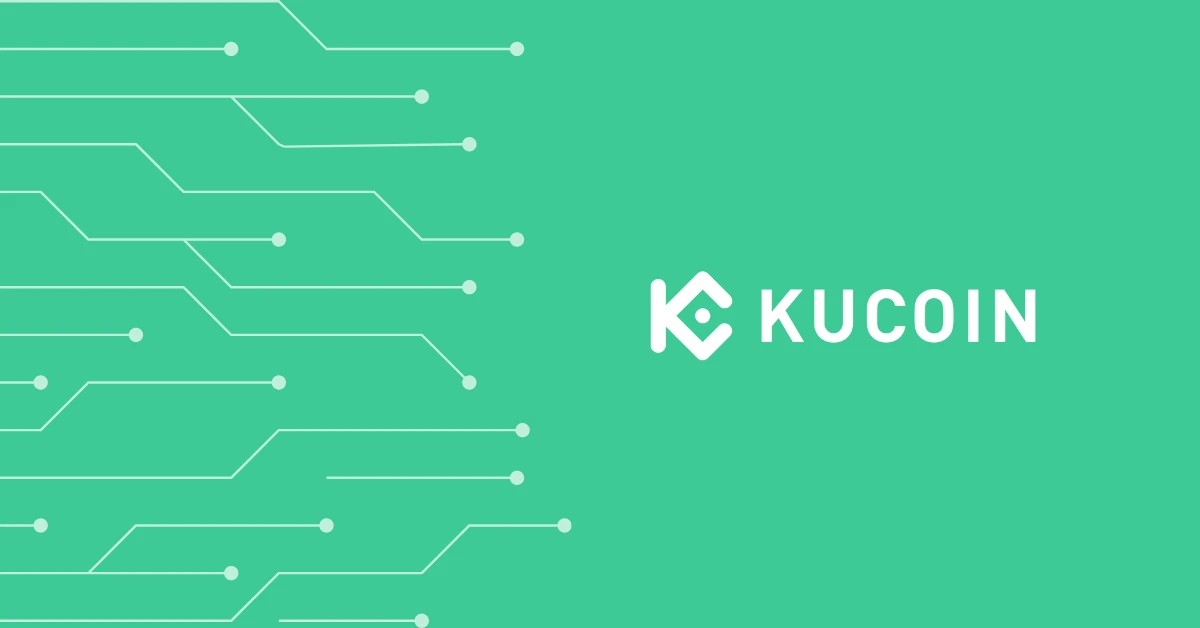
Dual-layered trust model aims to meet rising institutional standards in a regulated crypto era
In response to evolving regulatory expectations and increasing institutional participation in the cryptocurrency market, KuCoin has introduced a major advancement in its trust and security infrastructure. The global exchange has partnered with BitGo Singapore to implement off-exchange settlement (OES) for institutional clients, extending its ongoing proof-of-reserves program into a comprehensive, dual-layered trust system.
This move builds on KuCoin’s “Trust Project,” a $2 billion initiative launched in 2025 to address the industry’s growing need for systemic transparency, custody separation, and regulatory alignment. In this next phase, the exchange is offering asset segregation through BitGo’s Go Network, an MAS-regulated custody solution allowing institutions to execute trades on KuCoin without transferring asset custody to the exchange.
The new model provides institutional users with direct control over their assets, insurance coverage up to $250 million, and post-trade settlement, ensuring that funds remain under third-party custody until execution is finalized. This model is designed to mitigate counterparty risk while maintaining access to KuCoin’s trading products and liquidity.
“Not your keys, not your coins” has become a guiding principle in the post-FTX crypto landscape. KuCoin’s dual-layer approach, proof-of-reserves for transparency and OES for operational segregation, responds directly to this shift in user expectations, particularly among institutions and advanced retail users.
The first layer of this framework involves monthly proof-of-reserves disclosures, verified through Merkle Tree mechanisms, enabling users to audit their asset holdings on-chain. The second layer, introduced with the BitGo integration, establishes physical separation of funds, providing a new level of custodial assurance.
KuCoin is also undergoing SOC 2 Type II audits and pursuing regulatory licensing under Europe’s MiCA framework, further strengthening its compliance credentials. These efforts position the exchange among the few global platforms offering a combined strategy of transparency, segregated custody, and regulatory alignment.
While the BitGo solution is tailored for institutions, the broader initiative underscores KuCoin’s long-term approach: ensuring that all users, retail and institutional alike, have the ability to verify, control, and securely exit the platform if needed.
KuCoin currently serves over 41 million users across 200+ countries and regions. As the industry shifts from growth-driven competition to trust-centric infrastructure building, KuCoin is positioning itself as a stable and compliant partner in the maturing digital asset economy.
Bitcoin price is heading into the new week sitting right below key psychological levels, but…
XRP price started the session on a strong note, pushing quickly to an intraday high…
Bitcoin is showing signs of stabilization after weeks of volatility, raising a major question across…
Story Highlights The price of the Livepeer token is . Livepeer (LPT) price prediction 2026–2030:…
Bitcoin traded mostly flat over the past 24 hours, posting only a small increase after…
XRP is showing fresh momentum in the crypto market, rising about 5% in the last…